Patrik Sinkewitz, der in der vergangenen Woche mit seinem zweiten Rang bei der Trofeo Laigueglia seinen Saisoneinstand feierte [Link], ist heute vom CAS für acht Jahre gesperrt worden, unter Anrechnung der der bisher geleisteten Suspendierung von einem Jahr und drei Monaten. Das in Lausanne ansässige internationale Sportgericht folgte damit der Forderung der NADA, eine Sperre gegen den Fuldaer zu verhängen. Gegenstand der Forderung war das Urteil des Deutschen Sportschiedsgerichtes vom 19. Juni 2012. Dieses hatte Sinkewitz seinerzeit von den Vorwürfen, er habe zu Beginn des Jahres 2011 Doping mit Wachstumshormonen (recGH) betrieben, freigesprochen. Eine vom Weltradsportverband am 27. Februar 2011 genommene Probe hatte darauf hingedeutet. Die NADA legte daraufhin beim CAS Einspruch gegen das Urteil ein.
In Sinkewitz Fall kommt erschwerend hinzu, dass es sich bei ihm, mit dem heutigen Urteil, um einen Wiederholungstäter handelt. Bereits 2007 war der Sieger der Deutschland-Tour 2004 während der Tour de France mit einem erhöhten Testosteronwert aufgefallen und gesperrt worden. Da er seinerzeit die Kronzeugenregelung in Anspruch nahm, konnte er bereits Ende 2008 in den Radsport zurückkehren. Seit 2012 fuhr Sinkewitz für das kroatische Team Meridiana-Kamen.
Neben der Sperre wurde Sinkewitz zudem zur Zahlung von 38.500 Euro verurteilt. Der CAS begründete sein Urteil wie folgt: [Patrik Sinketwitz hat zu Beginn des Verfahrens die Zuverlässigkeit der Testmethode in Frage gestellt.] Das CAS-Gremium bestehend aus Prof. Christoph Vedder […], Dr. Dirk-Reiner Martens […] und Prof. Dr. Martin Schimke […] folgt jedoch der Beweisführung der NADA, aus welcher hervorgeht, dass in der Blutprobe des Athleten recGH nachweisbar war.“ Das Gericht führte weiterhin aus, dass es in Sinkewitz‘ Fall keine Vergleichsebene zu der des estnischen Langläufers Andrus Veerpalu gäbe. Dieser hatte ebenfalls unter Verdacht gestanden, recGH verwendet zu haben. Das künstlich hergestellte recGH ist dem körpereigene Wachstumshormon Somatropin (HGH) ähnlich und dadurch nur schwer nachzuweisen.
Für Sinkewitz, der damit der erste Sportler überhaupt ist, der wegen des Gebrauchs von Wachstumshormonen gesperrt wird, dürfte das Urteil gleichbedeutend mit seinem Karriereende sein. Sinkewitz selbst gab kein Statement ab. Auf seiner Website findet sich jedoch eine Pressemitteilung in der es heißt: „Für den gebotenen und wichtigen Anti-Doping-Kampf ist das heutige Urteil des CAS ein großer Rückschritt, denn der notwendige wissenschaftliche Standard für den indirekten Dopingnachweis, der stets von dem anklagenden Verband zu führen ist, wird hierdurch unzumutbar aufgeweicht. Ob Sinkewitz den rechtlich möglichen Schritt vor das Schweizer Bundesgericht geht, ist derzeit noch offen.


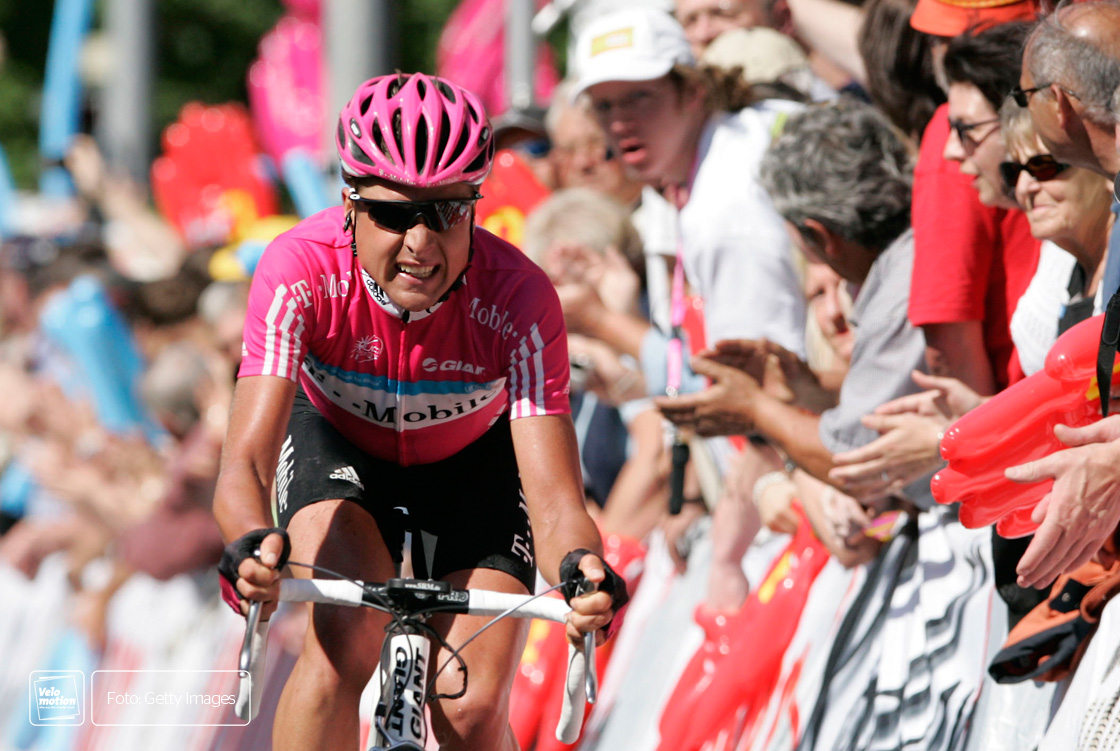
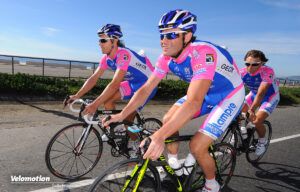

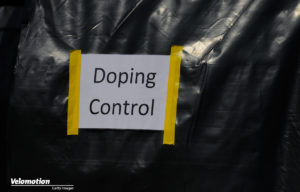
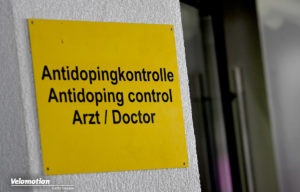
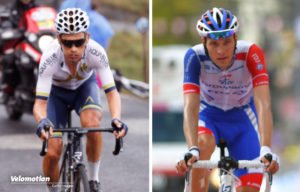
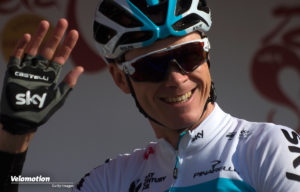
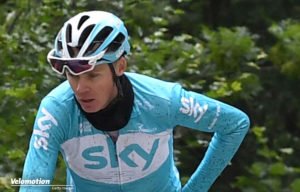

Schreibe einen Kommentar